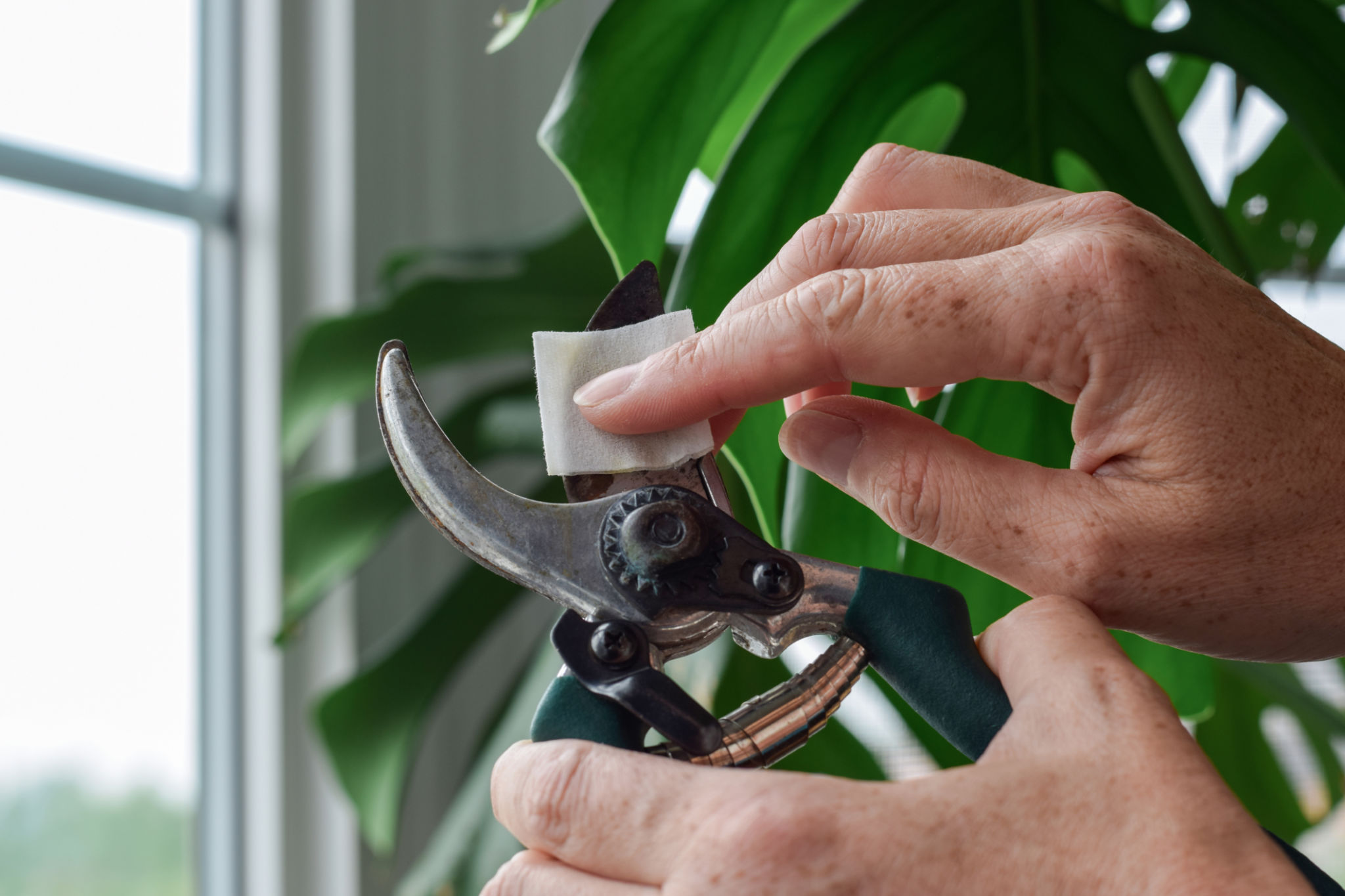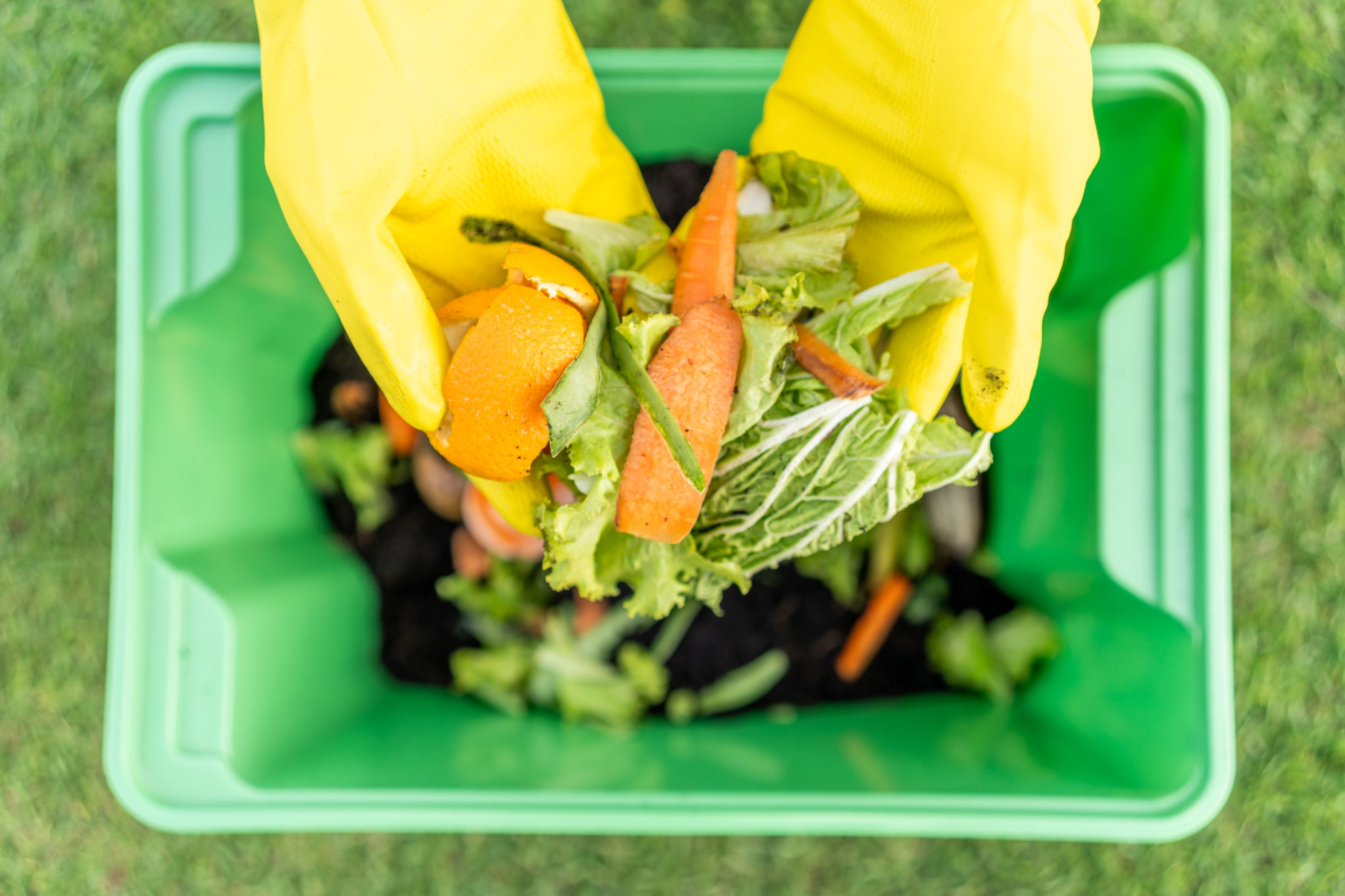DIY Biosecurity Tips for Home and Garden in Australia
Understanding Biosecurity
Biosecurity is crucial in protecting your home and garden from pests, diseases, and invasive species. By implementing simple DIY biosecurity measures, you can prevent these unwanted guests from wreaking havoc on your property. Whether you're a seasoned gardener or a novice homeowner, understanding and practicing biosecurity can save you time, money, and stress.
Australia's unique environment makes it especially important to maintain biosecurity. The country is home to an array of flora and fauna that can be easily disrupted by foreign pests and diseases. This post will guide you through some effective DIY biosecurity practices specifically tailored for Australian homes and gardens.

Inspecting New Plants
When introducing new plants to your garden, it's essential to conduct a thorough inspection. This includes checking for any signs of disease, pests, or unusual growth patterns. If possible, purchase plants from reputable nurseries that adhere to strict biosecurity measures.
Before planting, quarantine new plants away from your existing garden for a few weeks. This practice allows you to observe any emerging issues without risking the health of your established plants. Remember, prevention is always better than cure.
Cleaning Tools and Equipment
Regularly cleaning garden tools and equipment is a simple yet effective biosecurity measure. Tools can inadvertently transfer diseases and pests from one area of your garden to another. After each use, clean your tools with a solution of water and disinfectant.

Pay special attention to high-contact tools like pruners, shears, and trowels. Keeping your equipment clean not only promotes plant health but also prolongs the life of the tools themselves. It's a win-win situation for any gardener.
Managing Waste Effectively
Proper waste management is critical in maintaining biosecurity in your home and garden. Composting is an excellent way to recycle organic waste, but it must be done correctly to avoid attracting pests or spreading disease. Ensure your compost is well-maintained and reaches adequate temperatures to kill harmful pathogens.
If you suspect any plant material is diseased, dispose of it in a sealed bag rather than composting. This prevents the spread of disease within your compost pile and ultimately your garden.

Monitoring Wildlife
Wildlife can be both beneficial and problematic for your garden. Birds, insects, and other animals play vital roles in pollination and pest control. However, they can also introduce diseases or become pests themselves.
Encourage beneficial wildlife by providing habitats such as bird baths or insect hotels. Simultaneously, monitor for any signs of destructive wildlife activity. If necessary, use humane deterrents to protect your garden without harming the animals.
Engaging the Community
Biosecurity is not just an individual responsibility; it's a community effort. Share your knowledge with neighbors and local gardening groups to promote awareness. A collective approach strengthens the community's defense against biosecurity threats.
Consider joining local gardening clubs or online forums where you can exchange tips and experiences with fellow garden enthusiasts. By staying informed and proactive, you contribute to a healthier environment for everyone.